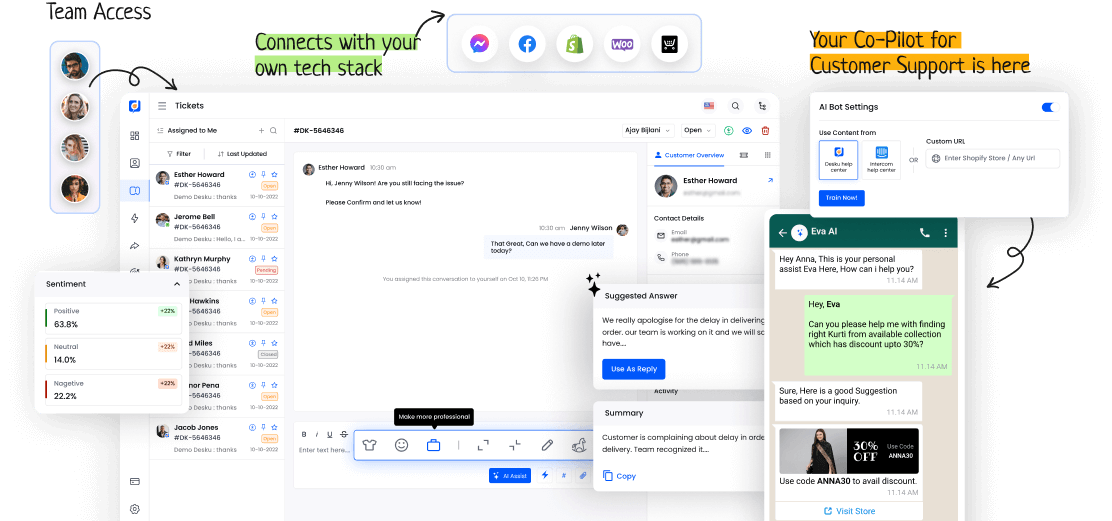In today’s ever-changing work world, a temporary agent is a popular choice. Companies seeking flexibility and skill find them useful. They help companies adapt to market changes and workload fluctuations.
Yet, using temporary agents is not just about convenience. Both employers and temporary agents must understand this work arrangement. It’s key to a successful work relationship.
I. Definition of a Temporary Agent
A temporary agent is a person hired by a company for a short time to do certain jobs. They are usually hired under a work contract.
This contract states how long they work, what work they do, and other important details. This ensures the temporary agent and company understand each other.
II. Role and Responsibilities of Temporary Agents
In temporary work, the job of temporary agents is set by the tasks in their contracts.
- Temporary agents do different tasks based on their roles.
- They must follow company rules and processes.
- Temporary agents get checked to see how well they work.
- They are crucial in helping the organization succeed.
III. Benefits and Challenges of Temporary Agents
Temporary agents are crucial in companies. They bring job flexibility and chances for skill growth. Yet, they meet problems like job uncertainty and few benefits.
These roles give diverse experiences and the chance to boost skills. But, the temporary work scene can be tough. It is due to the lack of steadiness and full benefit packages.
Temporary agents need to adjust fast and stay tough in this changing setting.





